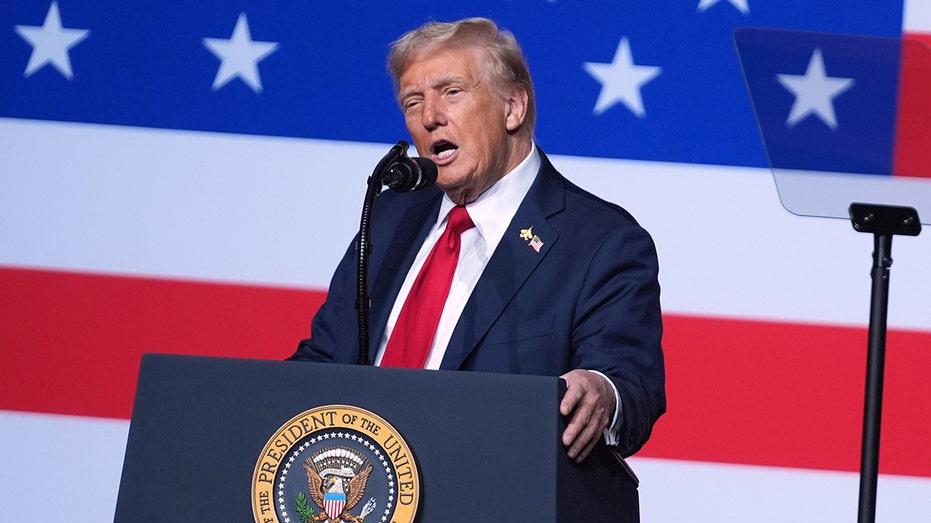A political standoff is drawing to a close as Texas Governor Greg Abbott announced the return of Texas National Guard troops stationed in Illinois before Thanksgiving. The deployment, authorized last month, was a direct response to protests surrounding federal immigration enforcement actions in Chicago and other Illinois cities.
Hundreds of soldiers were initially dispatched on October 7th, tasked with safeguarding U.S. Immigration and Customs Enforcement agents and facilities. Governor Abbott framed the move as a necessary measure to protect federal law enforcement amid escalating demonstrations.
The decision to send troops into Illinois without an invitation from Governor JB Pritzker immediately ignited a fierce backlash. Pritzker vehemently condemned the deployment, characterizing it as an “invasion” and demanding an immediate withdrawal.
The unusual nature of the deployment – a governor sending National Guard troops to another state without a request – quickly escalated into a legal challenge. Opponents argued the action was unconstitutional and a violation of Illinois’s state sovereignty.
A federal court initially ruled against activating the troops for duty, though it allowed them to remain within the state. This ruling prompted an appeal, sending the case to the U.S. Supreme Court, which has yet to deliver a final verdict.
Despite the initial deployment, the court’s restrictions meant the Texas National Guard remained largely inactive. Their duties were limited to securing their base at a U.S. Army Reserve training center, effectively sidelined from any direct involvement in immigration enforcement.
Now, with Thanksgiving approaching, Governor Abbott has ordered the troops home, bringing an end to this chapter in the ongoing debate over states’ rights and federal immigration policy. The Supreme Court’s decision on the legality of the deployment remains pending, leaving the underlying legal questions unresolved.






